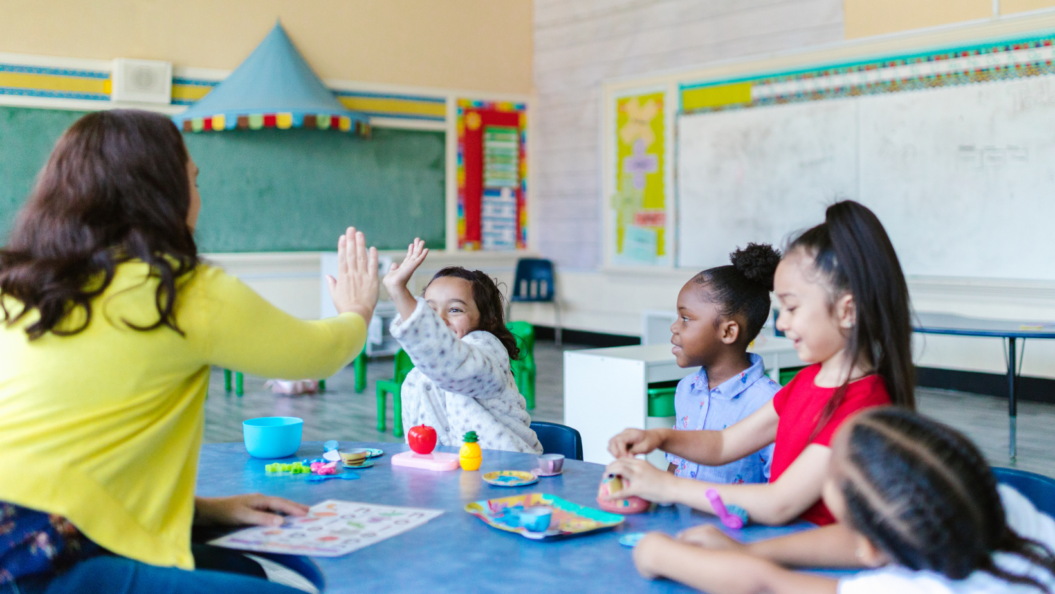
The EPIC local alternative narrative campaign in Gdansk
Ensuring the right to education for every kid. Educational challenges in Poland as a result of the war in Ukraine
Refugee children account for more than 40% of all refugees in Poland. Even before the war broke out, teaching and integrating Ukrainian pupils posed a challenge for Polish schools. That challenge was overwhelmed when the number of people in need of shelter more than doubled in 2022. In this context, it has been observed that about half of the children were not enrolled in Polish schools, continuing with an online education linked to Ukraine. However, experts in education and child psychology warn of the great risk of children being educated in a parallel way, of increasing cognitive gaps and, ultimately, of the high risk of a “lost generation” as the war is perpetuated over time. At the same time, Polish schools are so overwhelmed with the number of pupils they already have that there is a general consensus that they do not want to take in any more children.
To address this big issue, the Metropolitan Association of Gdansk, together with Polish school directors, educational institutions, social help institutions and NGOs working with refugees have carried out a raising awareness campaign that wanted to open the debate on the need for compulsory education for all refugee children and to raise awareness of the negative consequences for the children and the host society if they are left out of the formal system in the long run.
The first outcome of this campaign was a series of meetings first among public authorities, international organisations and NGOs working with refugees and school directors from the end of 2022 to spring 2023 to advocate for the importance of all children attending schools and the severe consequences of not guaranteeing this. Being such a complicated and sensitive issue, the efforts of the campaign were to advocate as much as possible via face-to-face meetings with partners and stakeholders to start finding some common ground and move forward with a plan.
Secondly, some awareness-raising meetings with refugee parents whose children were not in the education system were organised to encourage them to enrol their children.
Given the particular context lived in Poland, the campaign continues after the end of the EPIC project and therefore, the impact that the raising awareness efforts the Metropolitan Association of Gdansk has made will be assessed in the following months.